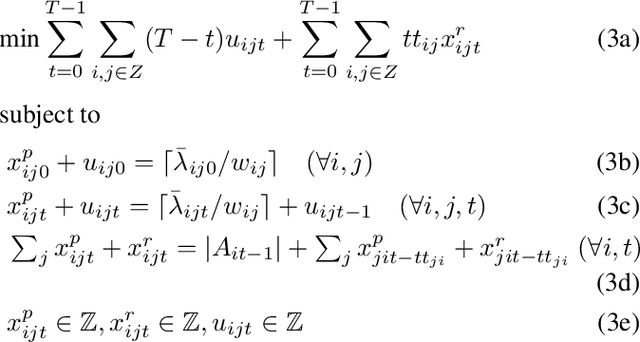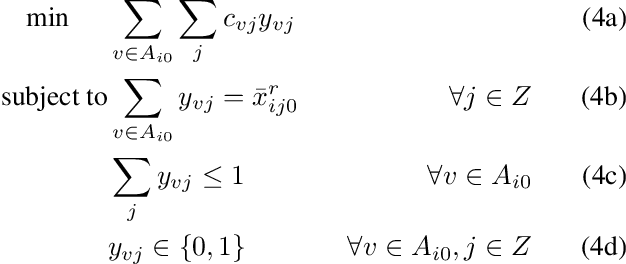Connor Riley
Changes in Commuter Behavior from COVID-19 Lockdowns in the Atlanta Metropolitan Area
Feb 27, 2023



Abstract:This paper analyzes the impact of COVID-19 related lockdowns in the Atlanta, Georgia metropolitan area by examining commuter patterns in three periods: prior to, during, and after the pandemic lockdown. A cellular phone location dataset is utilized in a novel pipeline to infer the home and work locations of thousands of users from the Density-based Spatial Clustering of Applications with Noise (DBSCAN) algorithm. The coordinates derived from the clustering are put through a reverse geocoding process from which word embeddings are extracted in order to categorize the industry of each work place based on the workplace name and Point of Interest (POI) mapping. Frequencies of commute from home locations to work locations are analyzed in and across all three time periods. Public health and economic factors are discussed to explain potential reasons for the observed changes in commuter patterns.
Real-Time Dispatching of Large-Scale Ride-Sharing Systems: Integrating Optimization, Machine Learning, and Model Predictive Control
Mar 24, 2020



Abstract:This paper considers the dispatching of large-scale real-time ride-sharing systems to address congestion issues faced by many cities. The goal is to serve all customers (service guarantees) with a small number of vehicles while minimizing waiting times under constraints on ride duration. This paper proposes an end-to-end approach that tightly integrates a state-of-the-art dispatching algorithm, a machine-learning model to predict zone-to-zone demand over time, and a model predictive control optimization to relocate idle vehicles. Experiments using historic taxi trips in New York City indicate that this integration decreases average waiting times by about 30% over all test cases and reaches close to 55% on the largest instances for high-demand zones.
 Add to Chrome
Add to Chrome Add to Firefox
Add to Firefox Add to Edge
Add to Edge